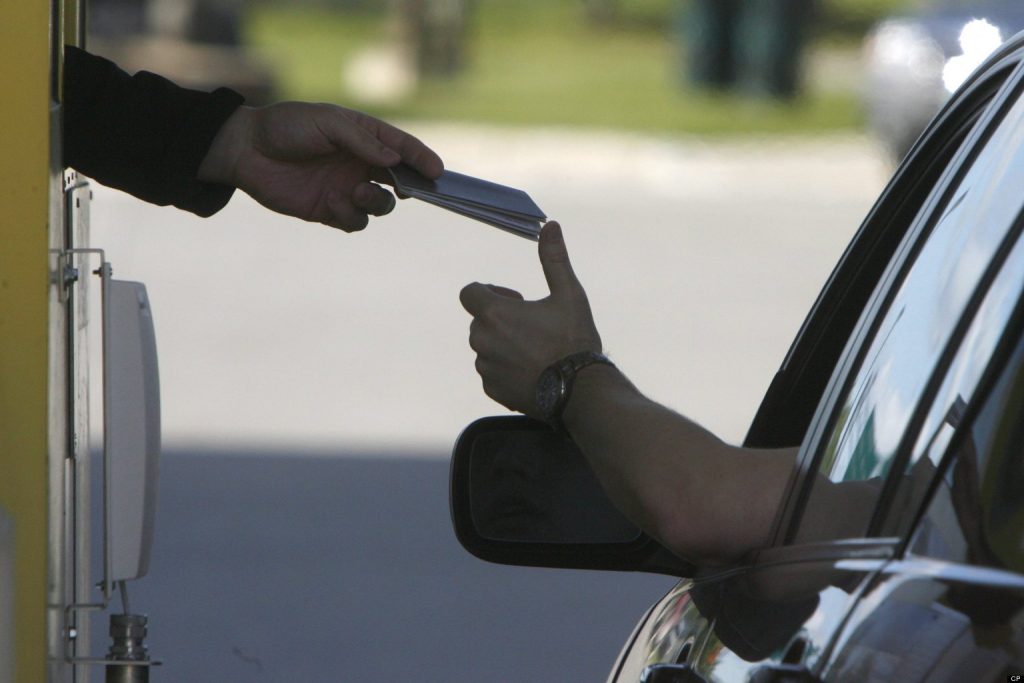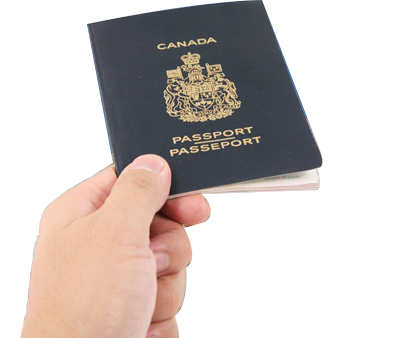
Crossing the Canadian/U.S. Border with a Criminal Record or Conviction
Introduction
Although we may take our neighbors for granted, when traveling to Canada or from the United States into Canada, the visitor must remember they are entering into a foreign country and must abide at a minimum by their laws, rules and regulations, as if they were in their home country.
A Canadian Citizen crossing into the United States has the same obligation as any other visitor or citizen for that matter, to provide identification to an officer with U.S. Customs and Border Patrol and to answer questions. Keep in mind that although you may have to provide identification and answer a few questions regarding the purpose of your trip and your destination, you still have certain personal and privacy protections afforded by the U.S. Constitution and U.S. Federal Laws. The powers and authority of U.S. Border Patrol officers is limited in scope and jurisdiction.
Background
Under U.S. law, you have the “right to remain silent” just like a U.S. Citizen, and not answer any questions posed by a Border Patrol Officer, which will unlikely create a situation where you will be detained further. Under U.S. laws and case precedents, a Border Patrol Officer can ask any question about your person; belongings; or travel plans.
In the 1976 U.S. Supreme Court Case U.S. vs. Martinez-Fuerte, the Supreme Court ruled that a person traveling over the border in a car does not have the “expectation of privacy” and “freedom” one does in their home. (citing U.S. vs. Ortiz, 422 U.S. at 422 U.S. 896 n.2). The government or “public interest” in determining who is crossing U.S. borders is paramount to an individual’s privacy concerns.
So it is best to comply with the officer and answer any reasonable questions about your entry, purpose for visit, and destination. If you fail to answer, or if you lie/misrepresent facts you most likely will be detained and could be arrested for interfering with an officer.
Be Prepared
If you plan on traveling over the border, it is a good idea to be prepared. It’s not a matter of whether or not the Border Patrol will ask questions, you know they will, but you don’t know how many or type of questions they might ask in addition to: citizenship; name; address; and travel plans.
It is important that you dress in a manner that will not create attention to your person, so casual but respectful clothing is recommended. Avoid T-shirts or clothing that bear: a political message; heavy metal; alternative lifestyle; or any graphics/artwork that would make you stand out in a crowd. Your manner and demeanor should also be respectful at all times.
If traveling with electronic devices (i.e. cell phones; laptops; and tablets) be aware that the Border Patrol has the right to seize and examine electronics as potential weapons or threats to security. You’ll want to make sure the device is clean, so back up your data and remove any content that might be considered offensive.
Travel Documents
Under NAFTA and the WHTI (Western Hemisphere Travel Initiative), Canadian Citizens who enter the U.S. by car must have a passport; NEXUS card; state issued driver’s license; Enhanced Tribal Orders; or Military I.D. with travel orders.
This satisfies the legal requirement of proof of citizenship and identity.
Inadmissibility
If you have been convicted of a crime, you may not be able to enter the U.S. It depends upon the crime, and the Border Patrol Officer and/or Officer.
The U.S. Immigration and Nationality Act defines which crimes will prevent a Canadian (or other) citizen from entering the U.S. Under the Act, any crime that involves “moral turpitude” will prevent you from entering the U.S., with some exceptions. “Moral Turpitude” is defined by Black’s Law Dictionary as “an offense or crime that is illegal but also shows a person’s baseness or depravity”.
If you have committed a crime involving: assault; drugs; terrorist activity; human trafficking; murder; prostitution; conspiracy to commit a crime; and money laundering, then you are ineligible to enter the United States.
A few exceptions to section 212(A) are: if the crime was committed when you were a minor; if you were convicted but never sentenced or imprisoned for a term longer than six months; or if you were acquitted or pardoned; then you will be eligible to enter the U.S.
If you are questioned by a U.S. Custom’s Officer, then by U.S. law you must answer his/her questions. That does not mean that you have to give extensive details. A good litigation attorney will coach his start witness that when asked questions by opposing counsel: “when he (attorney) asks the question, don’t tell him how to build the watch.” If the Custom’s Officer asks if you have been convicted of a crime, you must answer truthfully – he can check a database and verify your answer. Which is why you’ll want all of your travel documents and legal papers in order.
Answers should be short and succinct without too much additional information that would confuse the issue of your admissibility. For example, if an Officer asks: “Have you been convicted of a crime?” You must answer: “Yes”, and if you’ve been acquitted, then tell the Officer, “But I was acquitted which makes me eligible for entry, and I have copies of my legal documents in hand.”
Do not discuss the charges, the case/lawsuit, or any other details. Remember, do not “build the watch”. Make eye contact with the Officer; behave in a professional manner; and do not hand over the legal documents unless they ask for them. Only provide a copy of your discharge paper, not the whole case file!
And if you have been acquitted, pardoned, or discharged, then you will need to carry legible copies of all acquittal or discharge papers with you as proof, keeping in mind that the final decision for your entry is still left up to a U.S. Border Patrol Officer.
Summary
Under U.S. law and case precedents, a U.S. Custom’s Officer can ask any question he feels that is relevant to your entry into the U.S. – he has been given broad powers due to national security concerns. It is in your best interests to answer truthfully, although short and succinct answers are the best.
If you have been convicted of a crime and you are asked about the conviction, you must reply truthfully. If you have been convicted of a crime of moral turpitude, you may be inadmissible under U.S. law. But if you have been acquitted, discharged, or pardoned, then you may be eligible for admission. To increase your odds of admissibility: behave in a professional and kind manner; dress clean and casual; have all your travel documents in order including but not limited to proof of citizenship; make sure all of your electronic devices are clean; and have all legal and discharge papers in hand to help the Officer make the right decision to allow you entry.


